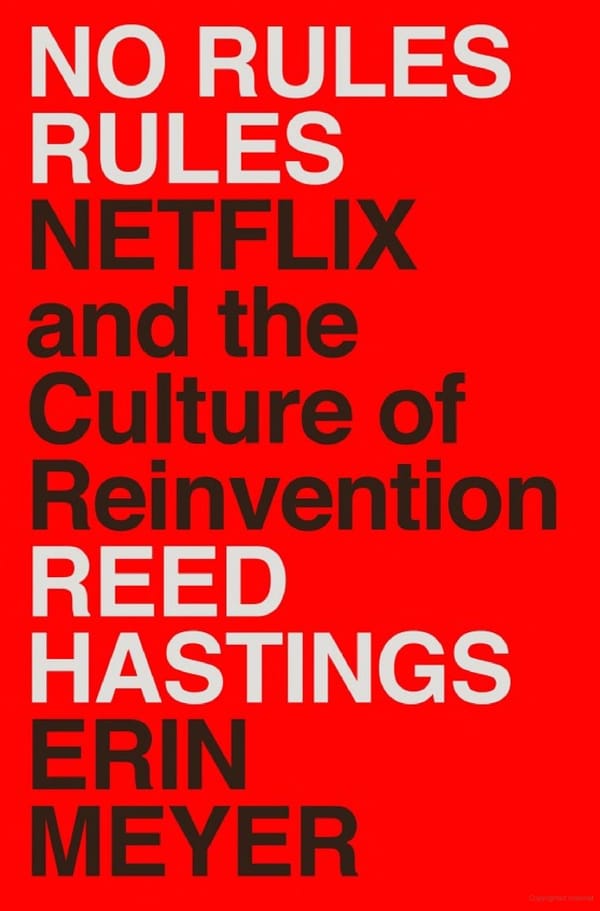Charlie Munger
Lessons from Charlie Munger. An incredible, wise man who shared these insights generously with the world.

The wise learn from the lives of others. And many successful people are generous with their time and wisdom. Charlie Munger is no exception.
Charlie Munger recently passed away at the age of 99. I’m sad I’ll never get the chance to meet him. He’s improved my life in so many ways by sharing his wisdom. Many of the newsletters and podcasts I read online are inspired by his thinking.
I’ll share some of the lessons that struck me as I first read his (then-hardcover-only) tome. I’m grateful that Stripe Press just published a digital edition that will set you back only $9.99, instead of the $120 I paid back then. I owe you a book review on Poor Charlie’s Almanack, but for today we’ll settle with some of the salient lessons I’ve learned from Charlie Munger.
2 of his biggest life lessons that really resonated with me:
- Multidisciplinary thinking: you have to know the big ideas from all the disciplines. Much of life, and especially opportunity, is the ability to synthesize information and take a broad view. I personally think there will be a decline in the value of narrow specialization as LLMs can bring you to competency in a field much faster.
- Self-driven curiosity: Munger was incredibly curious and had a very limited formal education in investing. Apparently he joked that his kids would refer to him as a book with 2 legs sticking out. Structured education that ends at 22 or 25 is not adaptive. A corollary of this is that reading a lot is a fantastic way to learn about the world. I hope to find a way to instill this curiosity in my children in a way that is resilient grades and external judgment.
As the wise do, Charlie also finds a way to give great advice by shifting the frame to avoiding misery. This reminds me of the Anna Karenina principle: All happy families are alike; each unhappy family is unhappy in its own way. Thriving is often about the absences of pitfalls as much as it is about positively reaching some state. Munger’s advice here? Avoid:
- Ingesting mind-altering chemicals (this stuck with me as a salient lesson of Triumphs of Experience)
- Envy (this, not greed, is what makes the world run; the sooner you conquer it, the freer you will be)
- Resentment
- Being unreliable
- Learning only from your own experience
- Not picking yourself back up after being knocked down
A quote that captures this idea:
It is remarkable how much long-term advantage people like us have gotten by trying to be consistently not stupid, instead of trying to be very intelligent.
Another sage bit of wisdom: tell stories that require your target audience to reach a bit mentally. If they have to work for it a bit, the lesson will stick that much more. This advice doesn’t scale, but can be a good way to impart important lessons on those dearest to you.
“Be deserving of what you want.”
If you want a good spouse, act in accordance with your idea of a person who deserves it. If you want a raise, act accordingly. In the long run, life will converge on what is deserved.
Another lesson is that incentives matter. So much behavior in the world is driven by incentives. Often if you find behavior puzzling, you are very likely missing information about what drives that other person. If you know their situation and incentives, it would explain the outcomes. For example, FedEx early in its existence made an existential bet on overnight delivery. But no matter how they optimized the system, they could not get the workers to turn around the planes within the fixed time. Then they changed the compensation from hourly to job-completion and that fixed everything. When something is broken, look to the incentives.
The final lesson I’ll highlight here is to try to be a bit wiser today than when you woke up. You do this for long enough and you’ll build an incredible advantage.
Here are some additional (but by no means comprehensive) resources:
- Podcasts: John Collison & Charlie Munger; David Senra (has many others, too)
- Articles: Economist/Schumpeter, FS on Munger



